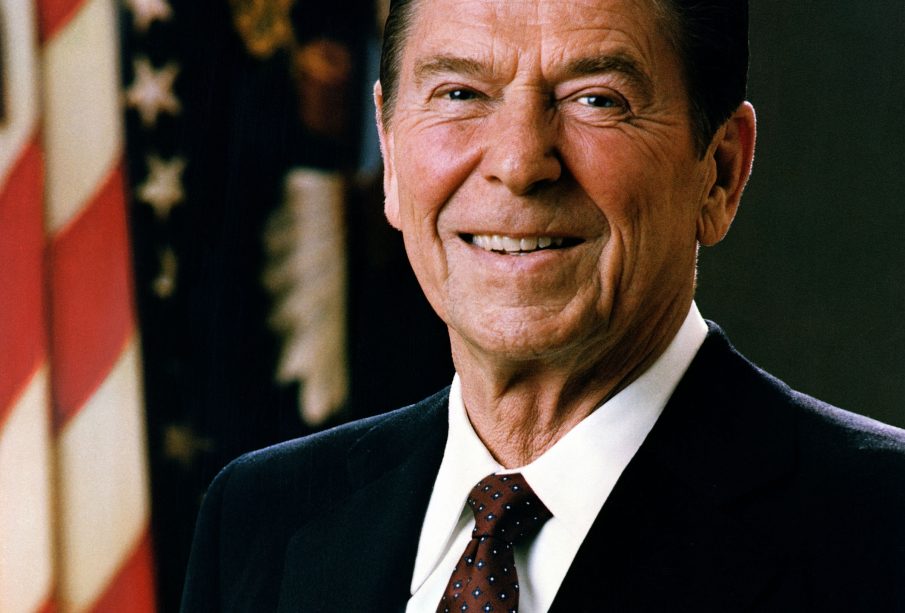The Life and Legacy of Ronald Reagan

Introduction: The Importance of Ronald Reagan
Ronald Reagan, the 40th president of the United States, is a pivotal figure in American politics, known for his transformative policies and charismatic leadership. His presidency, spanning from 1981 to 1989, coincided with significant historical shifts, including the Cold War’s conclusion and major economic transformations in the U.S. Understanding his influence is essential for grasping contemporary political dynamics.
Reagan’s Early Life and Political Rise
Born on February 6, 1911, in Tampico, Illinois, Reagan’s early years shaped his worldview. He graduated from Eureka College, where he developed communication skills that would serve him well in his future career. Initially a Hollywood actor, he transitioned into politics in the 1960s, serving as president of the Screen Actors Guild and later as the governor of California from 1967 to 1975. His tenure as governor highlighted his ability to connect with the public and manage crisis situations, setting the stage for his presidential run.
The Reagan Presidency: Key Policies and Events
Reagan was elected president in 1980, overcoming a nation mired in economic stagnation and international tensions. His administration embraced supply-side economics, famously dubbed “Reaganomics,” which aimed to reduce taxes, decrease government spending, and deregulate industries. This approach was controversial but is credited with invigorating the American economy in the later years of his presidency.
Internationally, Reagan’s stance against communism was clear. His strategy of military buildup and aggressive rhetoric towards the Soviet Union, including the famous declaration to “tear down this wall” concerning the Berlin Wall, positioned him as a robust leader during the Cold War. His efforts contributed significantly to the eventual dissolution of the Soviet Union in 1991, although that happened two years after he left office.
Challenges and Criticisms
Despite his successes, Reagan faced significant challenges, including the Iran-Contra Affair, which raised questions about his administration’s transparency and legality in foreign dealings. Additionally, domestic issues such as the AIDS crisis initially saw a slow government response, drawing criticism from activists and public health officials.
The Legacy of Ronald Reagan
Today, Reagan remains a divisive figure in American politics, often hailed as a heroic conservative icon by many in the Republican Party. His influence persists in discussions about economic policy, foreign affairs, and conservative values. Presidential scholars frequently cite his leadership style and communication skills as pivotal in shaping modern political campaigning.
Conclusion: Significance for Future Generations
Ronald Reagan’s presidency not only reshaped the Republican Party but also left enduring legacies that affect American politics today. His approach to governance and foreign policy offers lessons for current and future leaders, illustrating the complexities of leadership during turbulent times. As historians and political analysts continue to evaluate his impact, Reagan’s life story remains essential in understanding the evolution of the United States in the late 20th century.









